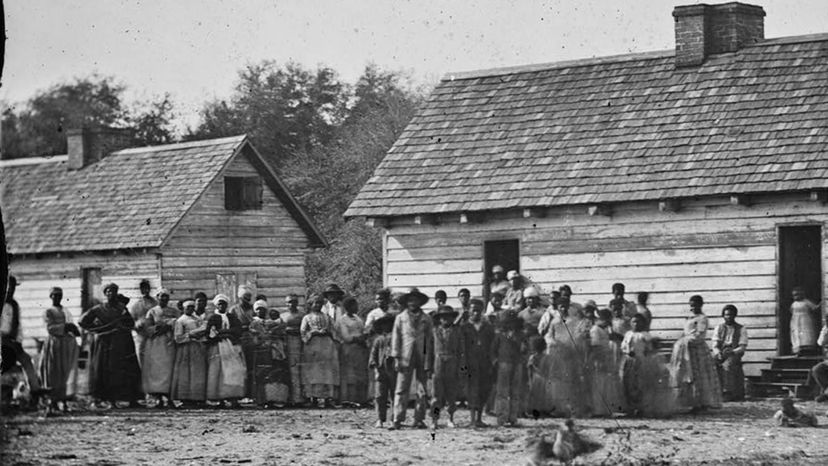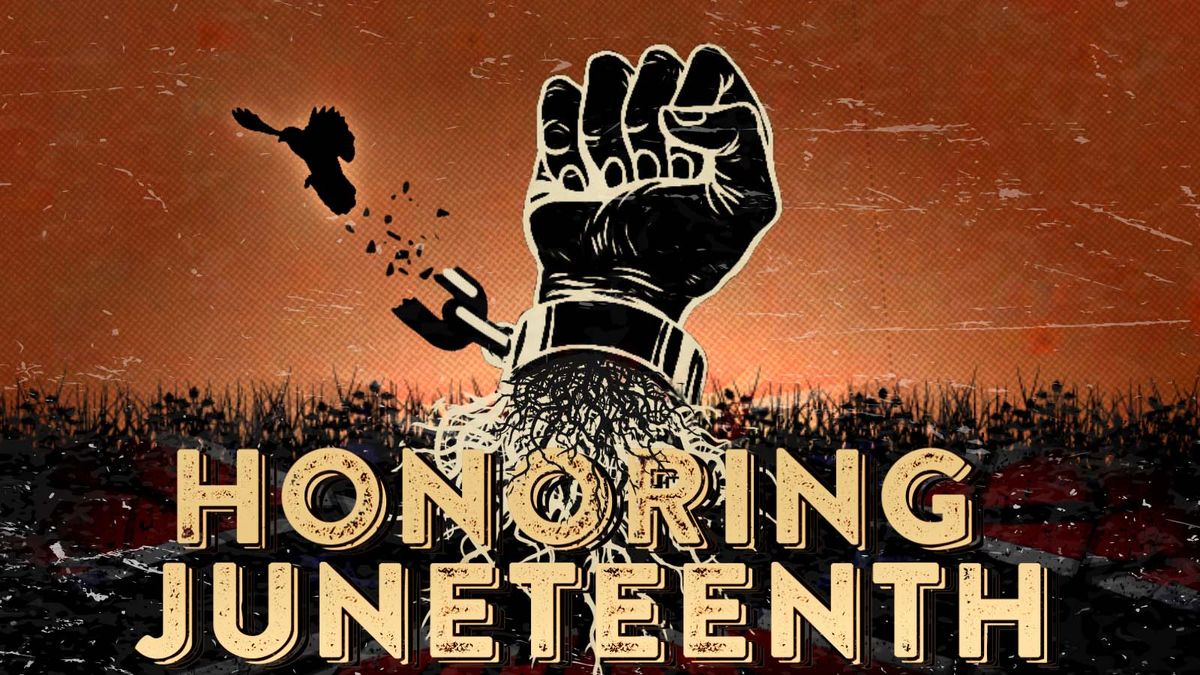On June 19, 1865, more than two months after Confederate Gen. Robert E. Lee surrendered to Ulysses S. Grant at Appomattox, which all but ended the Civil War, a U.S. Army officer arrived in Galveston, Texas, with two momentous announcements: the end of the Civil War (word traveled relatively slowly in those days) and, with it, the end to slavery.
Maj. Gen. Gordon Granger passed on General Order No. 3, which said, in part:
The people of Texas are informed that in accordance with a Proclamation from the Executive of the United States, all slaves are free. This involves an absolute equality of rights and rights of property between former masters and slaves, and the connection therefore existing between them becomes that between employer and free laborer.
Nobody is really quite sure why it took so long for the news of emancipation to reach Texas. Several stories have been told through the years, though none have ever been confirmed, including one of a messenger who was killed while on his way to Texas to tell the news of freedom. Others believe owners of enslaved people simply never told them they were free. The most likely is that there were simply not enough troops to enforce the Emancipation Proclamation, whether the enslaved people knew of it or not, so things remained status quo — that is, until Maj. Gen. Granger showed up.
After Maj. Gen. Granger’s announcement, some of the 250,000 enslaved people in Texas immediately left for the promise of true freedom in the North, while others traveled to rejoin family members. “We all walked down the road singing and shouting to beat the band,” one enslaved woman, Molly Harrell, said in “The Slave Narratives of Texas.” Others stayed to find paying work in the fields and elsewhere.
That day marks what now is often called Black Independence Day, or the Black Fourth of July. It is the American celebration of freedom from slavery.
Juneteenth was first observed, unofficially, in Texas in 1866. It wasn’t officially recognized as a holiday in any state until Texas did so in 1979. Now, every state in the U.S. recognizes it after South Dakota became the last state to finally declare it a holiday Feb. 11, 2022.
“On this day, we must confront the ugly parts of our history and honor the slaves who suffered and died under a repressive regime. We must also pay tribute to all those who had the strength and conviction to fight to end slavery and keep our Union together,” U.S. Sen. Corey Booker (D-NJ) said in 2018. “Juneteenth Independence Day is also an important moment to recognize how far we have come and take note of how far we have yet to go.”

Library of Congress
#Juneteenth #Black #Independence #Day





















+ There are no comments
Add yours